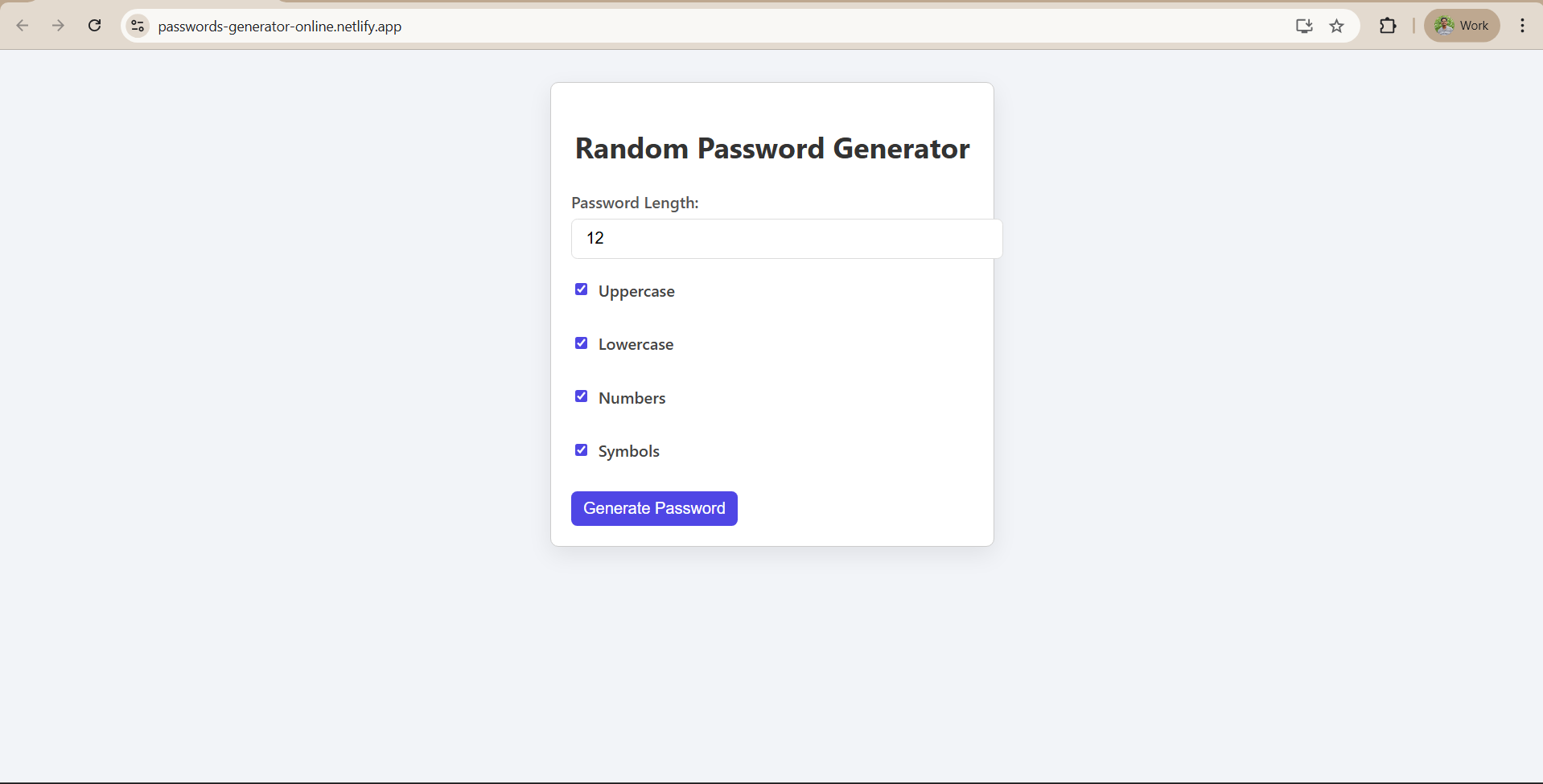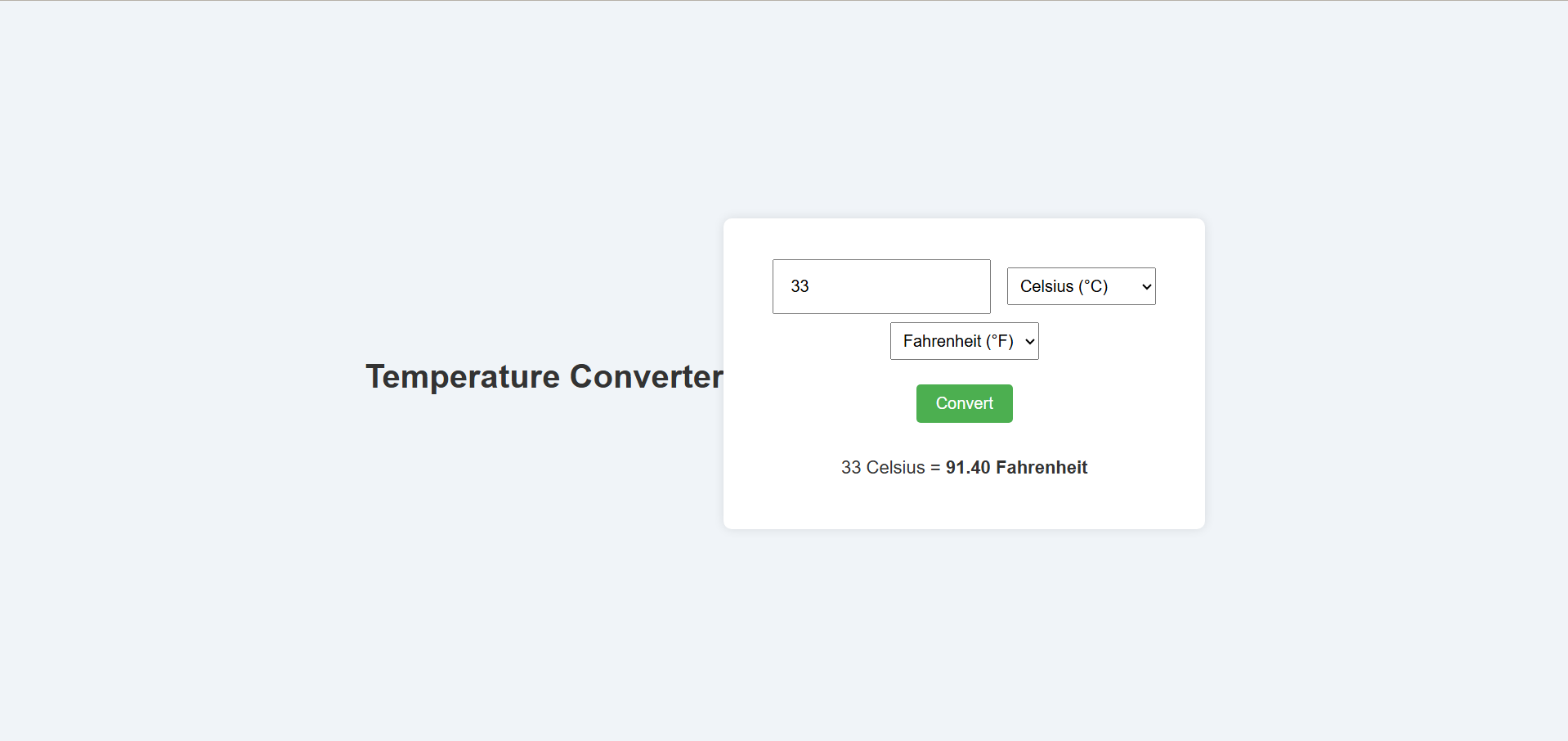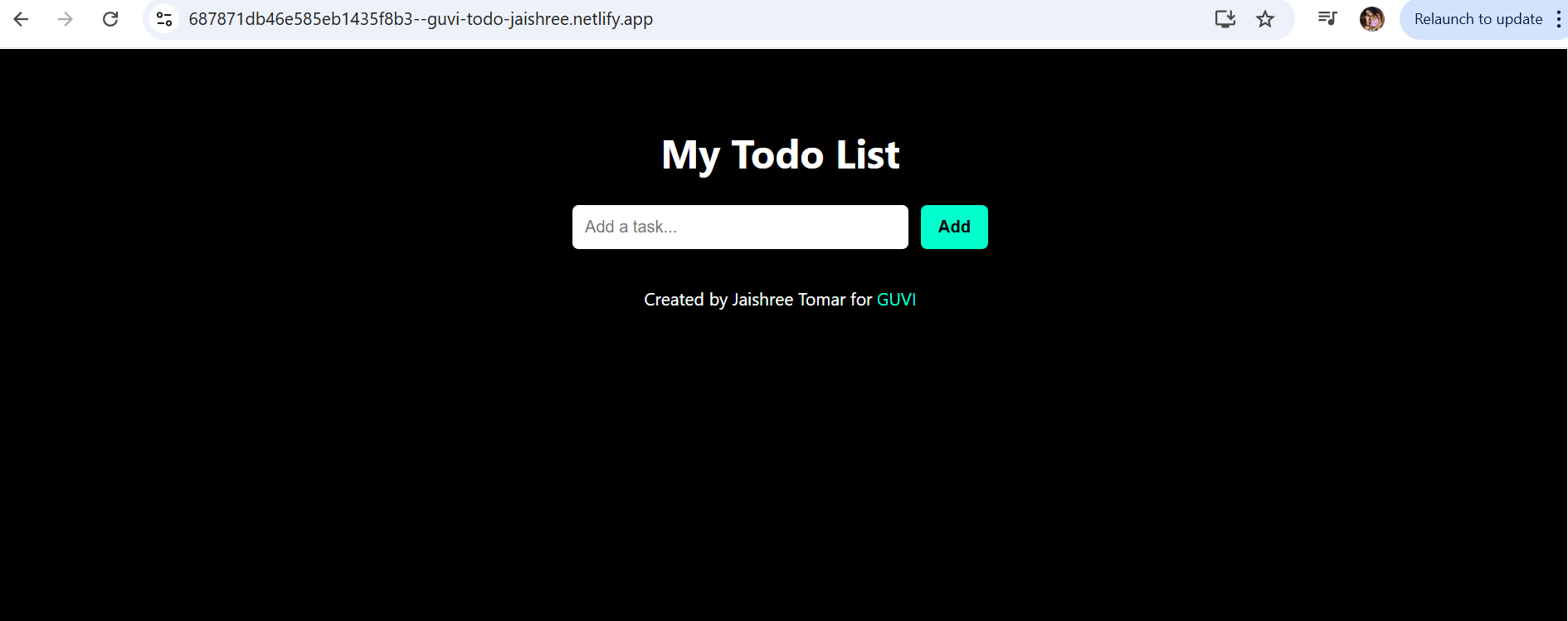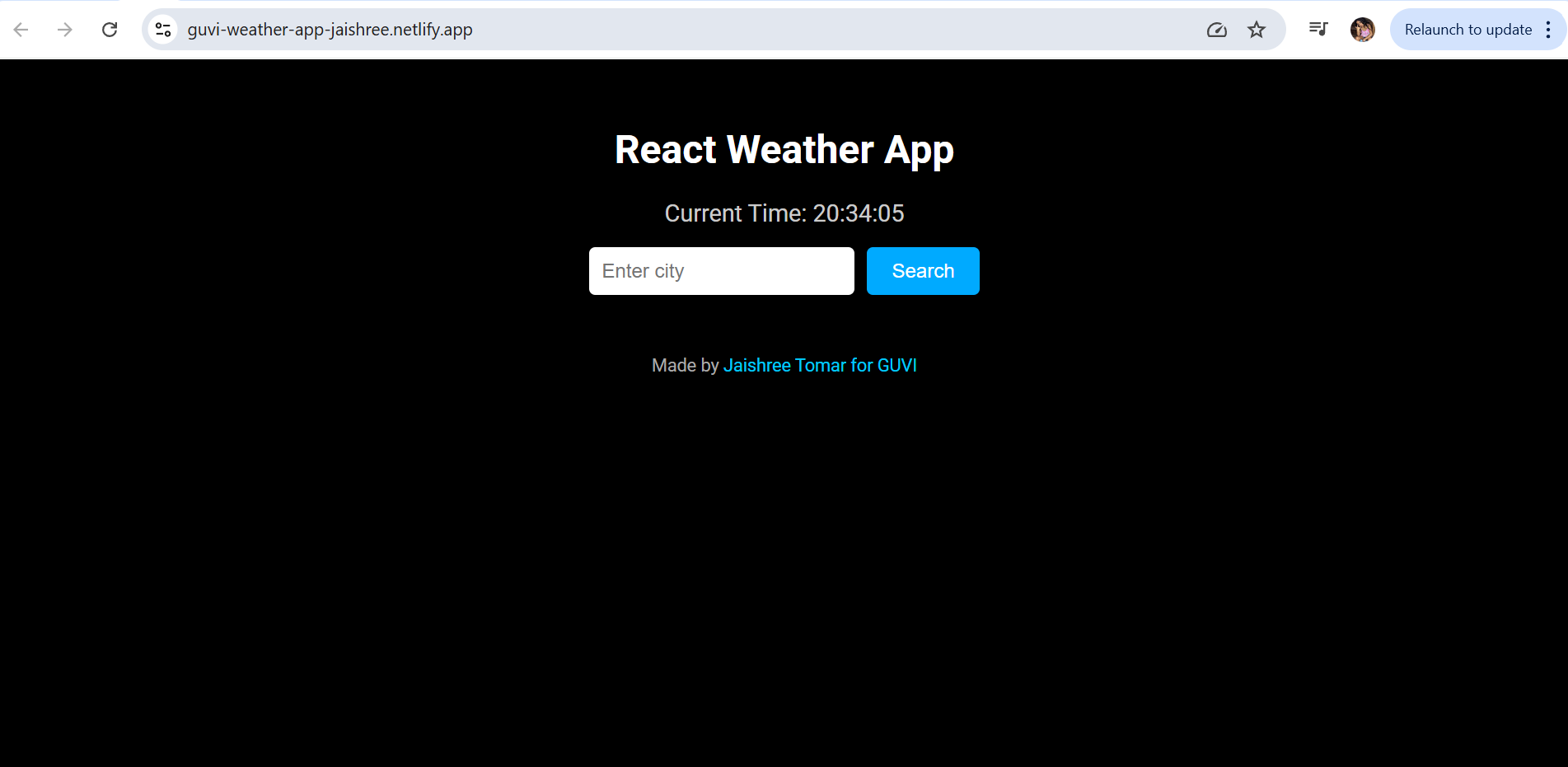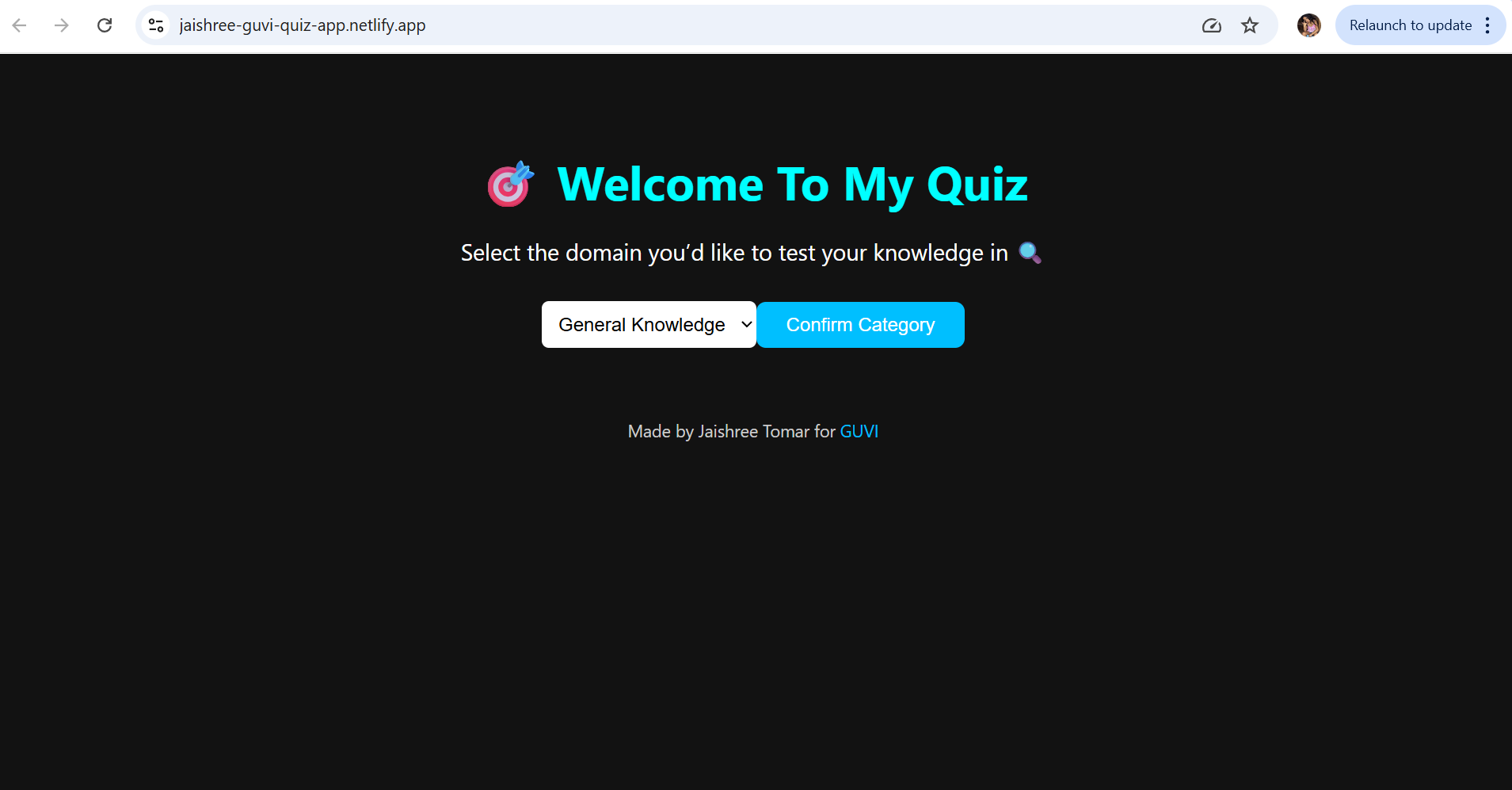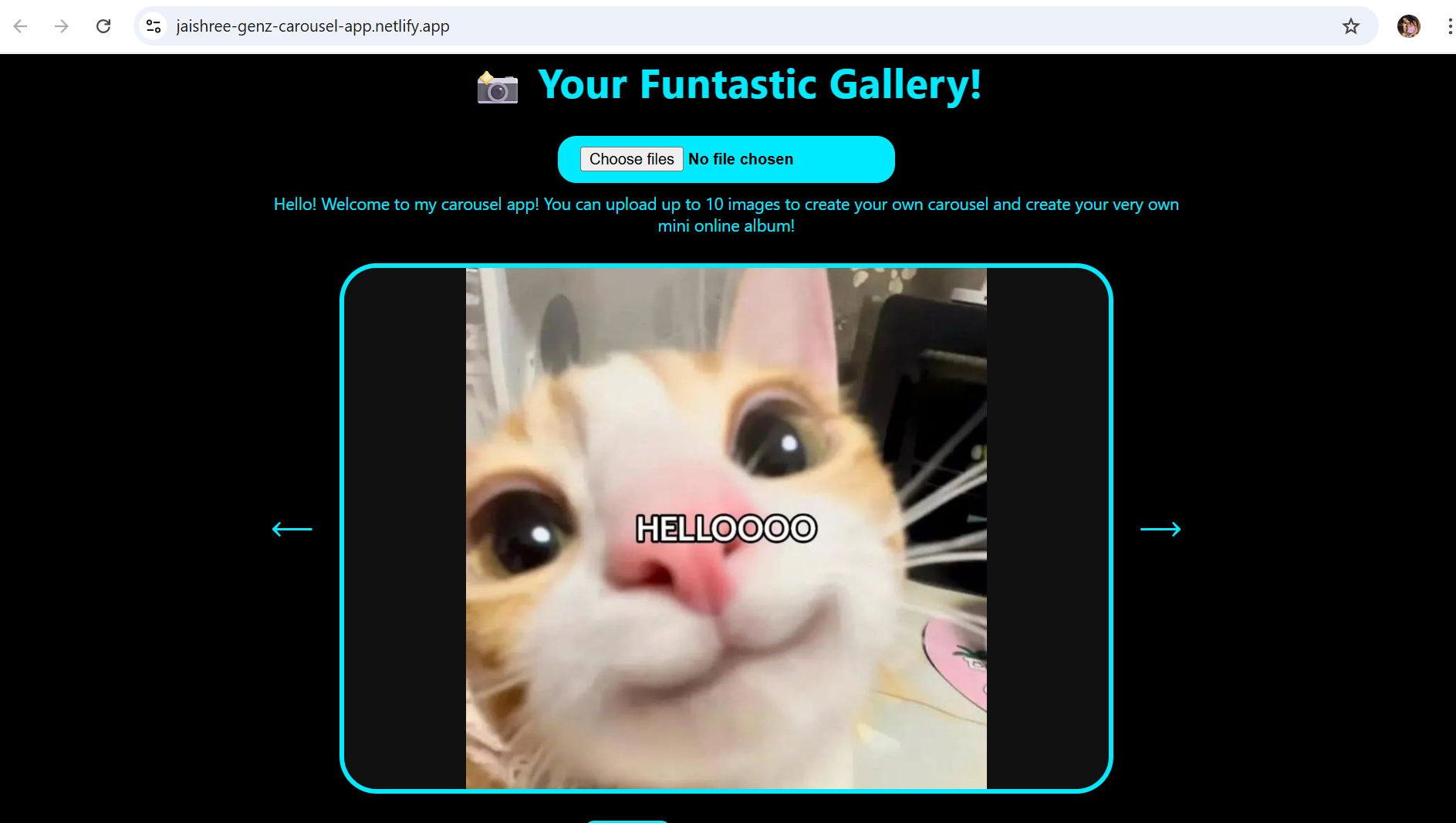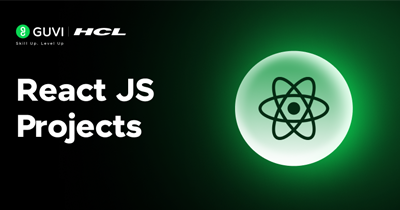C++ Tutorials
The first version of C++ was released in 1985 and was initially known as "C with Classes." In 1989, the language was standardized by the International Organization for Standardization (ISO) as ISO/IEC 14882:1998. Since then, several new standard versions have been released, with the latest being C++20. Today, C++ is widely used in various applications, including operating systems, game development, web development, and database management.
16 Modules
55 Lessons
English
3 Hrs
Reading Plan
MODULE 1
Introduction to CPP
MODULE 2
C++ Basic Syntax
MODULE 3
Data Types in C++
MODULE 4
Variable types in C++
MODULE 5
Variable scope in C++
MODULE 6
Enumerated Constants (Enums) in C++
MODULE 7
Storage Classes in C++
MODULE 8
Operators in C++
MODULE 9
Loop Types in C++
MODULE 10
Decision Making in C++
MODULE 11
Libraries and Predefined Functions in C++
MODULE 12
Arrays in C++
MODULE 13
Strings in C++
MODULE 14
Pointers in C++
MODULE 15
Date and Time in C++
MODULE 16
Basic Input/Output in C++
C++ Tutorials
C++ is a high-level, object-oriented programming language widely used to develop complex, high-performance software applications. It was developed by Bjarne Stroustrup at Bell Labs in 1983 as an extension of the C language. C++ is a compiled language, meaning a compiler translates the source code into machine code before it can be executed.
Importance of C++ Programming
The importance of C++ programming lies in its performance, system-level capabilities, versatility, and its widespread adoption in various industries. It remains a popular choice for performance-critical applications and system-level development, making it a valuable skill for developers in many domains.
Who Should Learn C++?
If you’re a beginner and planning to become a C++ developer, you need to start with the fundamentals initially and later move on to the core concepts for an in-depth understanding. This learning hub will help you clarify all your concepts.
Prerequisites
This course is suitable for:
- Anyone who wants to learn C++
- People early in their career
- Students











